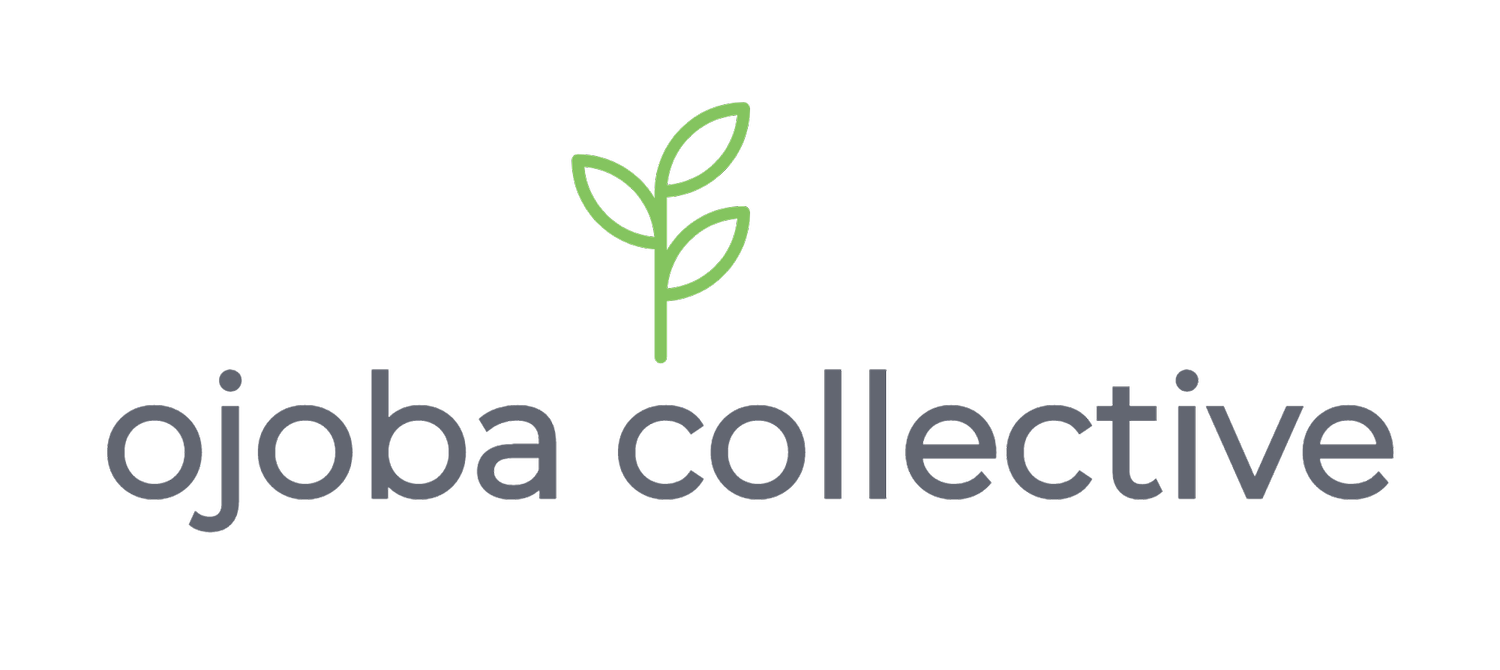
Past Projects
Over the years, we have worked on a wide range of projects with a wide variety of partners. We’ve included a few examples below showcasing our different approach.

Project Development: Creating a Grassroots Emergency Food Aid Response Network
-
Drought, combined with flash-flooding in a remote corner of northeastern Ghana destroyed crops, homes, food stores, and livestock. No international response materialized, and we were asked to help create a response by two local NGOs.
-
First, we interviewed villagers in the impacted communities. We learned that food was still locally available in the markets, but villagers had no means of purchasing with their livelihoods destroyed. We negotiated partnerships with local markets to secure domestic food, and created a volunteer team to deliver monthly food shipments to villages.
-
Because the emergency didn’t receive international attention, local people were in despair. They had become accustomed to outside aid groups addressing their concerns.
We used the “self-help” approach to create a local response, using local resources and empowering local people .
-
For a fraction of the cost of a typical international aid response, we were able to keep 5 villages food-secure until the following farming season allowing them to feed themselves 8 months later.
In addition, many local people were proud of what they were able to achieve working together, which is a powerful example of community empowerment.

Project Audit: Re-Centering Indigenous Food Culture in International Permaculture Project
-
We were asked by project funders to independently review a permaculture project they funded in the Democratic Republic of the Congo, targeting the Batwa people after concerns were raised that the project wasn’t meeting its stated goals of supporting the Batwa community to be food-secure and self-sufficient.
-
We were able to do our audit and assessment completely remotely. First we familiarized our selves with the project, location, regional challenges and indigenous Batwa culture, and interviewed various stakeholders.
We learned that project organizers had failed to properly include the Batwa community in their decision making. We found local community organizers who were respected in the region to assist us with understanding the Batwa’s perspective.
Based on our research and interviews, we made recommendations on a more inclusive project structure, personnel changes, and project goal restructuring.
-
The Batwa people are an ancient hunter-gatherer culture from the Congo Basin. The project participants had been forcibly removed from their forest home, and the permaculture project had located land for them. The challenge arose when the project organizers tried to encourage the Batwa to engage in typical farming practices, which was not culturally appropriate for a hunter-gatherer community.
-
Through our recommendations, more culturally sensitive decision making and staffing were put in place. The deep knowledge and ancient culture of the Batwa people was given priority, and part of the land was given to forest restoration rather than farming. Traditional foods of the Batwa people were prioritized. Their input, traditional leadership and decision making were included in future developments of the project so that they went from being “beneficiaries” to partners.

Training Programme: Why Agroforestry? Understanding the Value of Native Trees for Smallholder Farming Communities
-
We were asked by local project partners to develop a training programme to encourage agroforestry farming practices and the preservation of native trees in their rural community in northern Ghana.
Local community leaders shared with us their concerns about de-forestation and lowered crop yields. They wanted to introduce more ecological farming practices and protection of trees in their community. At the time, “modern” farming practices such as using chemicals were being encouraged by extension officers, and many international aid organizations.
-
We researched the issue, talked with local researchers, traditional farmers and elders. Together, we compiled a list of beneficial native trees, propagation methods, and agroforestry techniques.
But farmers were not willing to change their methods until we created an interactive training programme showing how beneficial trees are to the entire ecosystem. It gave the farmers a new way to think about trees in connection with their farms and livelihoods, and the confidence to try a different approach.
-
Agroforestry was traditionally practiced by smallholder farmers across Sub-Saharan Africa. But in recent decades, there has been immense pressure to “modernize” farming practices. From introducing GMO’s, pesticides and herbicides, and encouraging local tree removal; modernization of farming had done the local subsistence farming communities no favors. But after years of pressure to remove trees, it was difficult to convince farmers of the importance of trees.
-
Through creating an innovative and participatory learning workshop using story telling and illustrations for the mostly illiterate farmers, we were able to shift their thinking on the value of trees in the landscape.
The community learned of the value of nitrogen fixing trees in their local agriculture, benefits of trees for biodiversity, soil health, water management, wind breaks, alternative food sources, and much more.
Local community leaders became passionate and active promoters of agroforestry practices and trees in general for creating healthy communities.
Many local initiatives were later organized by workshop participants to protect trees in the landscape and promote agroforestry.
